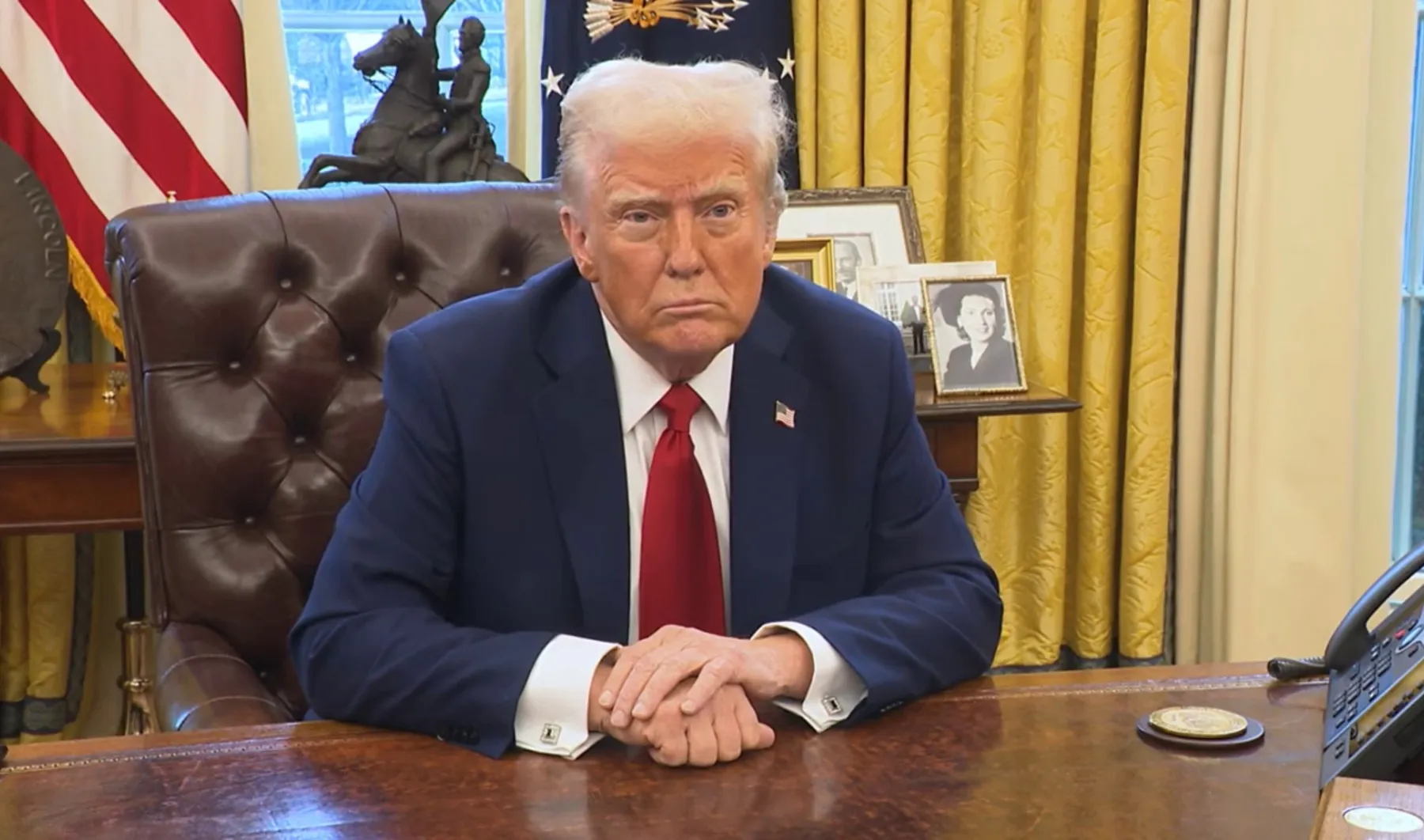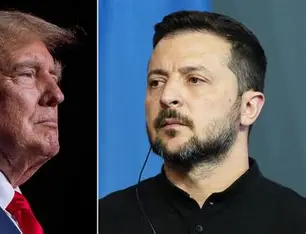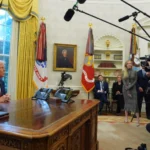Trump Insists Jordan and Egypt Will Take Palestinians from Gaza and Why It’s Generating Global Reactions

In a move that has drawn sharp responses from various corners of the globe, former U.S. President Donald Trump has insisted that Jordan and Egypt are prepared to accept Palestinians displaced from Gaza. This statement comes as part of his broader Middle East strategy, which aims to address the ongoing humanitarian crisis in Gaza and find a political resolution to the long-standing Israeli-Palestinian conflict. However, Trump’s assertion has raised concerns about regional stability, the sovereignty of Jordan and Egypt, and the future of Palestinian rights.
Trump’s plan, as outlined in recent statements, suggests that the Palestinian population in Gaza, long under Israeli blockade and internal conflict, should seek refuge in neighboring countries such as Jordan and Egypt. This proposal, which echoes a broader regional shift in the way the Palestinian issue is being approached, has been framed by Trump as a practical solution to the immediate humanitarian needs of the people in Gaza. By relocating Palestinians to neighboring countries, he believes it could reduce the pressure on Israel and potentially lead to a more stable situation in Gaza.
However, the idea has sparked backlash from numerous governments, human rights organizations, and Palestinian advocacy groups. Critics argue that this approach disregards the rights and aspirations of Palestinians, effectively forcing them to abandon their homes without any clear path to a permanent solution. It also raises questions about the legitimacy of such a mass relocation plan and whether Jordan and Egypt are truly prepared to handle such an influx of refugees. The challenge of integrating hundreds of thousands of displaced people, many of whom have lived in Gaza for generations, is significant.
Jordan and Egypt, both of which have been key players in the Arab world’s stance on the Palestinian cause, have also expressed concerns about the implications of such a proposal. Both countries have historically supported Palestinian self-determination and have resisted the idea of resettling Palestinians permanently outside of their homeland. Jordan’s King Abdullah II and Egyptian President Abdel Fattah el-Sisi have both voiced their opposition to this plan, stating that the solution to the Palestinian crisis should be centered around the establishment of a Palestinian state, not the displacement of its people.
Moreover, the plan has prompted international legal questions. The United Nations and other humanitarian bodies have raised alarms that such a relocation could violate international law, particularly the rights of refugees and displaced persons. These organizations stress that the ultimate goal for Palestinians should be the right to return to their land and have a homeland of their own, not to be relocated to another country where their future would be uncertain.
While Trump’s comments have certainly ignited controversy, they are also indicative of a shift in how certain regional leaders view the Palestinian issue. As Israel moves forward with its own security policies, and as the broader Middle East continues to evolve politically, the dynamics surrounding Palestinian resettlement and sovereignty remain fluid. The debate surrounding Trump’s remarks will likely continue as tensions rise between proponents of a two-state solution and those who argue for a more radical rethinking of the region’s future.
Stay ahead with the latest news on global innovation, leadership, entrepreneurship, business, and tech. Join us on WhatsApp or Telegram for real-time updates. Have a report or article? Send it to report@theinnovationtimes.com.
Follow us on X (Twitter), Instagram, LinkedIn, YouTube, Pinterest, and Facebook for more insights and trends.










